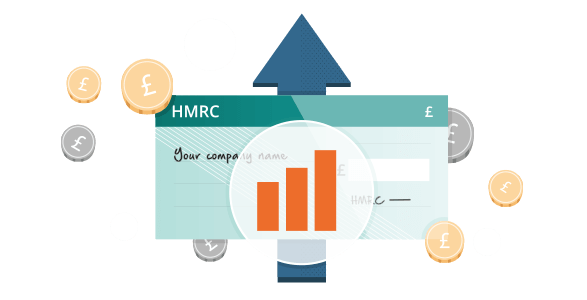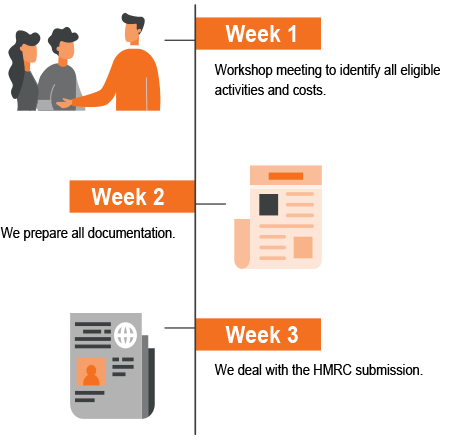Theatre Tax Relief :
Theatre Tax Relief :
Theatre Tax Relief is a government initiative that provides funding for producing a play, opera, musical, ballet or other dramatic piece that tells a story. Theatre Tax Relief is currently worth up to 36% of core production costs and 40% if your production is touring.
HMRC manages the scheme, and claims are made as part of the Company Tax Return submission.

Below are six simple sections to help you understand what Theatre Tax Relief (TTR) is, how it works and whether you’re eligible.
Theatre Tax Relief (TTR) is a creative industry tax relief incentive, funded by the UK government.
TTR offers Theatre Production Companies (TPCs) a tax rebate against the money spent on the production of the theatrical piece.


Theatre Tax Relief is currently worth up to 40% of the core production costs of the piece. TPCs can claim TTR on the lower of:
If the company is profitable, the tax relief can be used to reduce a Corporation Tax bill. If loss-making, claimants can receive a cash payment from HMRC.
To qualify for TTR, you need to meet the following criteria:
There are several conditions to these criteria, so it’s best to contact us and see what we can do to help.


The qualifying costs are referred to as core expenditures. This generally includes the expenditure on:
Theatre Tax Relief is claimed as part of the Company Tax Return (CT600) that is filed with HMRC. To make a TTR claim, you’ll need to be a registered UK company, and you must provide the following information:
You’ll need to calculate if your production has made a profit or a loss and determine whether your TTR claim should be surrendered as a loss for a cash repayment or used to reduce your tax bill.
HMRC has a specific approach for calculating the taxable profit and loss of a Theatre Production Company (TPC).
To qualify as a touring production and benefit from the higher rate of 25%, at least one of the following must apply;


Non-core expenditure typically relates to the running and promotional costs for the show. This includes:
There are two standard rates of Theatre Tax Relief available.
Theatre production companies can claim TTR on the lower of:
To qualify for Theatre Tax Relief, your company must:
There is no cap on the amount of relief available via Theatre Tax Relief.
To qualify for Theatre Tax Relief, the theatrical production must be considered a dramatic production, i.e., a play, an opera, musical or other dramatic piece where:
The production will not be considered a theatrical performance if:
Step 1 of #
Is your business registered for Corporation Tax in the UK or are you a partnership with corporate owners?
Have you developed new or improved existing products, processes or services in the last 2 accounting periods?
Does your business have fewer than 500 staff, and either: A turnover of no more than €100 million; or Gross assets of no more than €86 million?
Sorry, you must be a UK limited company or be a Partnership with corporate owners to be eligible for R&D tax credits.
In order to qualify for R&D tax credits you must be seeking to advance science or technology within your industry. As you’ve not developed any new or improved any existing innovative tools, products or services, and not re-developed any existing products, processes or services in the last 2 years. It is unlikely you have any qualifying activity. If you’re unsure, email or call us and we’ll help clarify.
In order to claim R&D tax credits, you need to either employ staff or spend money on contractors, consumable items and other items. If you’re unsure, email or call us and we’ll help clarify.
Thanks for that!
Congrats!! Based on your previous answers, you will qualify for the SME scheme. If you’d like some help maximising and securing your claim, please email or call us.
Congrats!! Based on your previous answers, you will qualify for the RDEC scheme. If you’d like some help maximising and securing your claim, please email or call us.
Speak to an expert Back